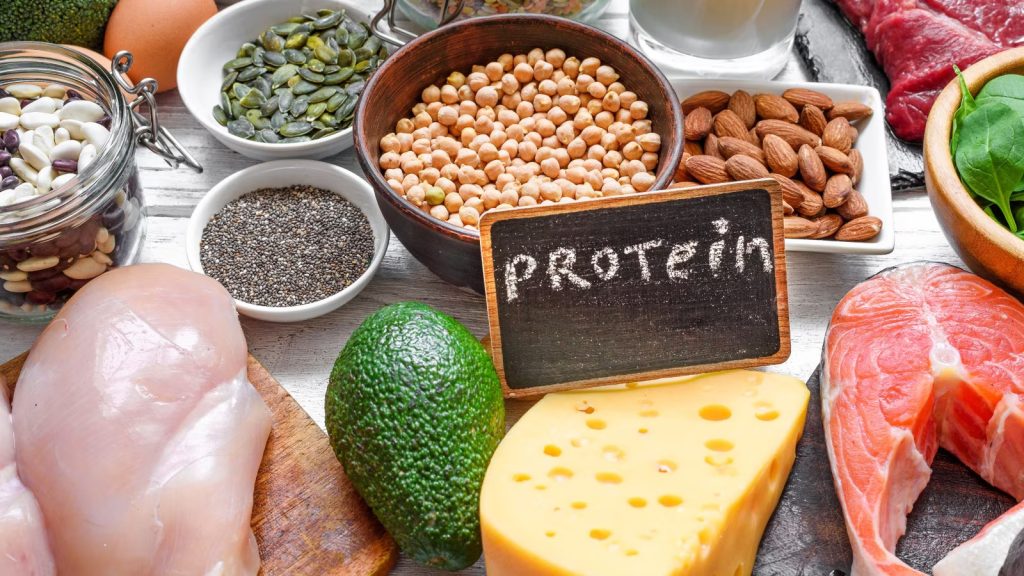KARACHI: The ‘Right to Protein’ initiative, backed by the U.S. Soybean Export Council (USSEC), has unveiled the ‘Pakistan Protein Perception Study 2023.’ This comprehensive report, based on a nationwide survey conducted by YouGov, assesses Pakistani citizens’ awareness, behaviors, and perceptions regarding protein-rich foods. The study underscores the practical challenges hindering adequate protein consumption in Pakistan.
The study reveals that a majority of respondents allocate only 10-20% of their monthly food budgets to protein-rich sources, despite protein being a crucial macronutrient for human health. Shockingly, over 60% of surveyed citizens believe that insufficient protein intake negatively impacts their overall health, primarily leading to lifestyle-related issues. Alarmingly, 46% wrongly associate high protein consumption with weight gain, while 45% prioritize calorie control over protein consumption. Furthermore, less than 50% of respondents feel they consume less than half of the required amounts of carbohydrates, fats, and proteins. Over 40% incorrectly categorize fruits, vegetables, and whole grain cereals as ‘high protein’ foods.
The study highlights that surging food prices have led to inflation in plant-protein sources like beans, milk, and whole grain cereals, along with animal protein sources such as poultry, fish, and meat. Consequently, while 46% of respondents report a slight increase in protein consumption, over half either decreased or maintained their protein intake. Larger households, especially those with marriage and children, experienced a more significant decline, primarily in the consumption of meat and fish, which are protein-rich but relatively expensive compared to other sources.
This study arrives at a critical juncture, shedding light on the challenges posed by rising food prices in Pakistan. As the country grapples with a growing population and the effects of global climate change, food and nutrition security has become an urgent concern.
Deeba Giannoulis, Regional Head of U.S. Soy Marketing & Sustainability at USSEC, commented, “USSEC is a staunch advocate of food and nutrition security in the region. The ‘Pakistan Protein Perception Study’ presents citizens’ perspectives and priorities, aiming to identify strategies for addressing protein energy malnutrition. These strategies could include improving access to quality animal feed to reduce the cost of high-protein foods, exploring alternative protein sources, and raising public awareness about protein’s vital role in nutritional well-being.”
Conducted by YouGov, the Pakistan Protein Perception Study 2023 surveyed over 500 respondents across Pakistan. The survey, administered in English through online interviews lasting approximately 10 minutes, was representative of adult urban internet users (aged 18 and above) who could read and understand English.


